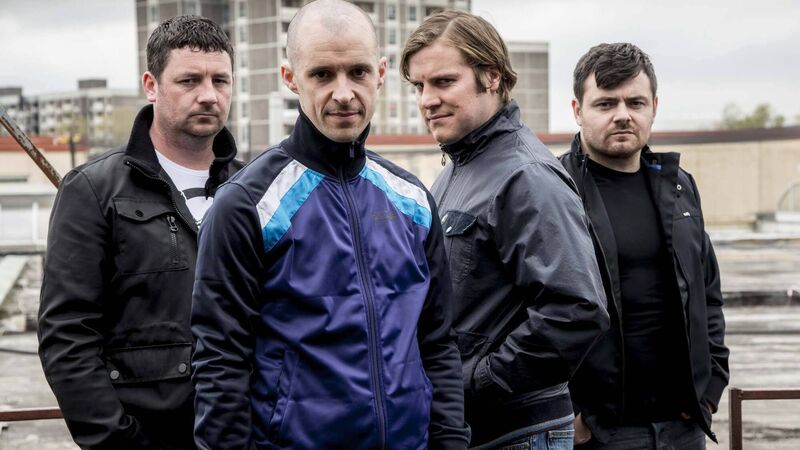Gareth O'Callaghan: Society glorifies criminals while our gardaí are given no respect

Once upon a time when I was a boy, a garda called Pat Gibbon arrived in our area. He became known as Columbo, after the popular television police character. He had wavy brown hair and a slanted eye, just like Peter Falk.
Within weeks, he had become something of an enigma. You heard him before you saw him, long strides, and fists always clenched by his side. If he was smiling, it was a good day; if he threw that I’ll-have-you-for-lunch look, you stayed out of his way.















